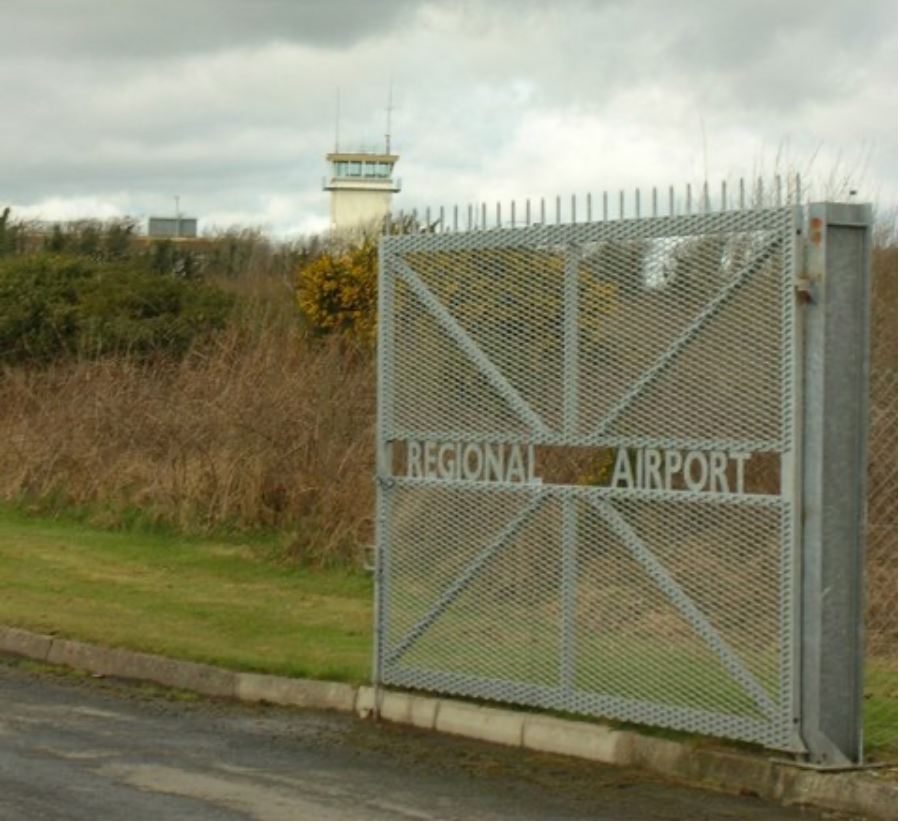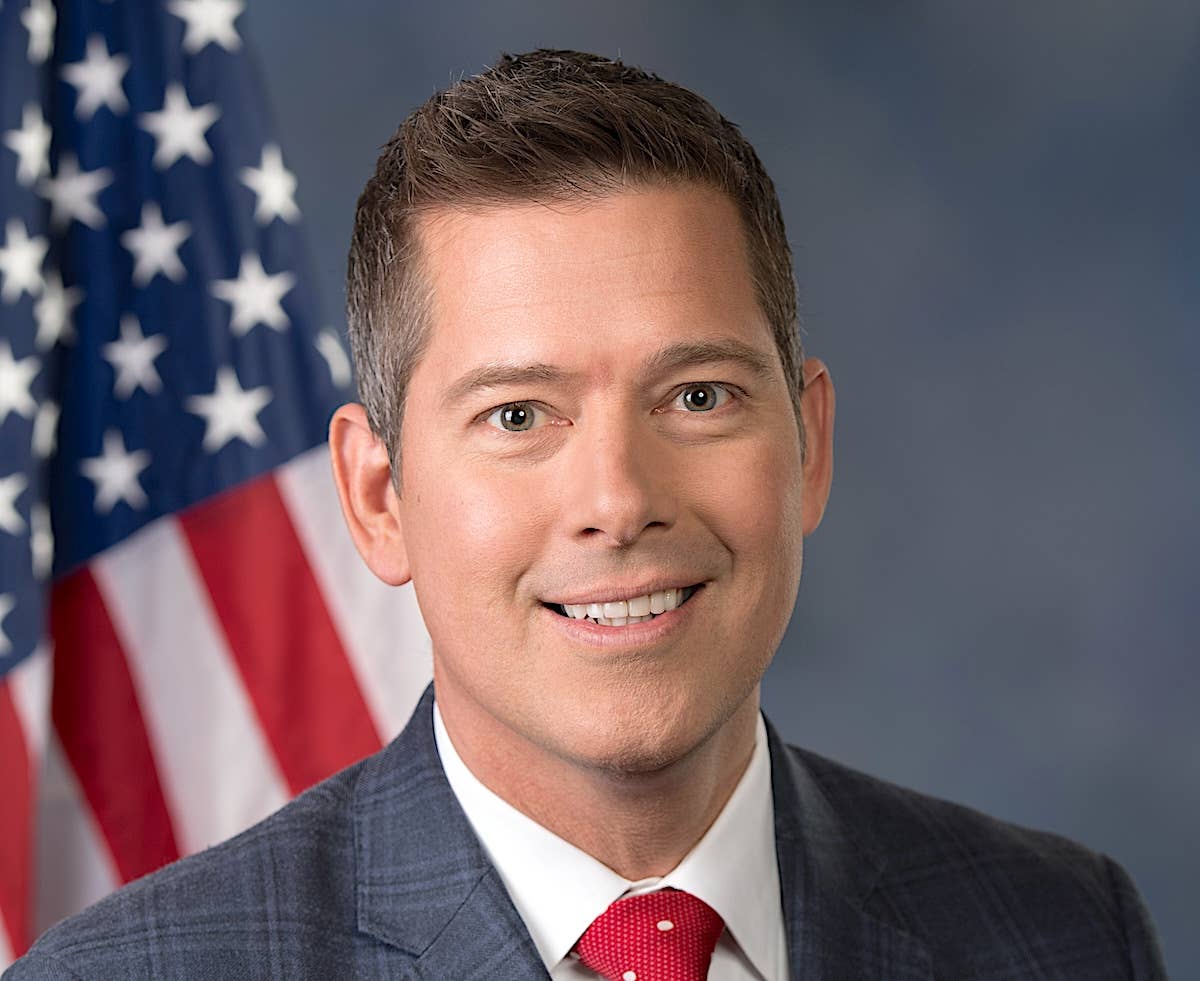
We can always count on readers to remind us what we should be doing here and God knows I need it.
There has been a boatload of unleaded fuel news lately, mostly to do with aromatics and their nasty attitude towards paint and maybe a few other things and man, have we gotten down in the weeds. It's not a bad thing that we're throwing around terms that would never come up in normal conversation, even normal pilot conversation. But we're arguing fine points about process and tests and standards when what we should be doing is nothing short of a hair-on-fire sprint to get this done. The stuff we're talking about now we should be farming out to labs years from now to tweak and fix.
There is an existential threat to the kind of aviation we love, and the small-time bickering that is occupying us is keeping us from the task at hand. If we start now, we have the barest chance of getting it done by the deadline, which by the way is less than six years away. We need a unified effort to pull it off and we're sniping at each other through lawyers and hiding behind the facade of important-sounding organizations.
The reader that brought me back to earth is from Colorado and has been closely following our coverage of this issue. I think the other one died. Anyhow, he wondered why we didn't report that a court hearing involving environmentalists and FBOs in California had been delayed, and the truth it I just didn't think it was interesting enough. Part of it was fuel fatigue. I have written a lot about it and the fact that the hearing wasn't happening didn't seem that important. I'll report it when it happens (Feb. 18 or 25), I reasoned. So, here's what gave my head a shake.
"Thanks for the info! I’ve been curious how California litigation is going to proceed as Colorado is likely poised to try something similar. Colorado Atty General Phil Weiser was out at some 'listening sessions' for Rocky Mountain Metro (KBJC). Most of these centered around noise, lead, and flight training. In recent years there’s been a push in Colorado to escalate the timeline for removal of lead and pushes to close a few GA airports. I can easily see the CO governor and atty general keeping up with California and mirroring some of the political, as well as legal actions."
Since the EPA published its endangerment finding five years ago (it's the thing that will end leaded gas once and for all) there's been a lot of eye-rolling in our industry. It's fair to say most don't believe aviation lead emissions pose a legitimate health threat. But you know what? In this case, it doesn't matter what we think. That's a bitter pill for a bunch of control freaks but it is what it is. And what that is is a lack of urgency that could dramatically change what and where we fly.
Now, I don't think for moment that the Colorado Attorney General believes it's a big health problem either. But like all politicians, he has a file of complaints about small airports that are just waiting to be turned into economic development photo ops with barely any collateral political damage. Pretty much all those complaints deal with noise and safety fears that are genuine and heartfelt, but some are cover for those whose agendas involve lot lines and ribbon cuttings. Those are the ones we need to worry about because the lead thing has handed them an issue they can use to elevate the fear of airports beyond the neighborhood spat level.
If Colorado gets serious about its lead problems, it will snowball. You better believe the environmental groups there are fully up to date on the California action (they knew the hearing had been pushed back, I'll bet) and anxious to get in on the act. They'll hardly be able to complain when the equipment moves in and leaves a forest of Jiffy Lubes and big-box stores in its wake. Once Colorado goes, New York could follow and the problems with paint stains and recessed valve seats will look like what they are, surmountable technical issues.
But by then, it might be too late to prevent damage that the perennially fragile general aviation industry may not survive, at least not in the way we see it now. The fact is that the ancient piston twins that make up the bulk of the economic argument for keeping aviation gasoline are on their way out in favor of slick modern turboprops whose long-term economics at least approach the pennies-on-the-dollar acquisition cost advantage of old Navajos and 414s. Truthfully, insurance will probably kill them off first.
So, what we're really fighting for is the ability for those willing to trade a new car every year or a cabin on a lake for an experience that most who want to take it away don't understand. At best they think we're quirky but oddly capable. Others think we're rich, selfish dilettantes who don't care about the lead in their kids' blood, and if you don't think the other forces that are conspiring against GA won't use them to their advantage you may not be a cynical old editor.
So, we've reached the part of the blog where I put a magic bullet in the chamber and hit a bull's-eye, but we're not there yet. Most of us don't even think there's a problem so it's hard to start coming up with solutions.
Unfortunately, the FAA will be central to whatever that solution becomes, but I have a feeling this issue won't be high on the list of those on the eighth floor at 800 Independence for the foreseeable future. So, until it becomes the inevitable 11th-hour crisis, it might be sensible if there was something approaching consensus among us so there's time to accommodate whatever the FAA (and EPA) decree.
Let's at least stop aiming those magic bullets at each other for a start.






